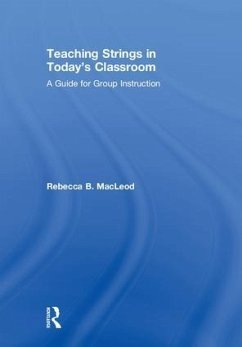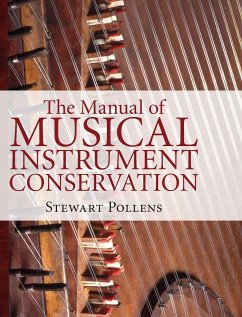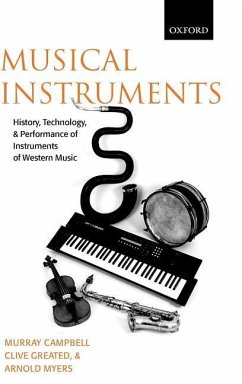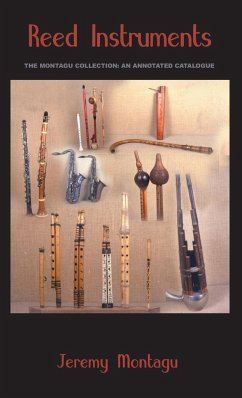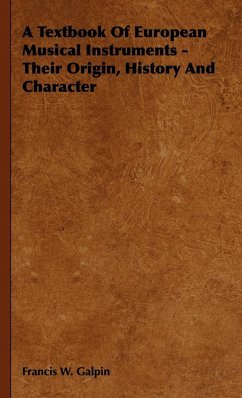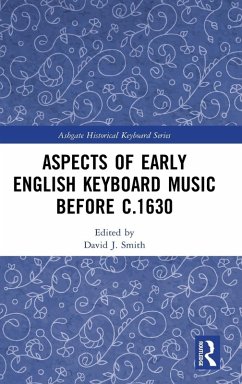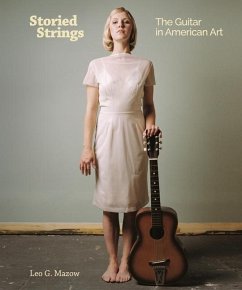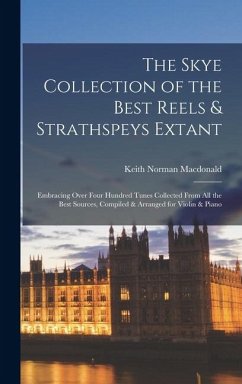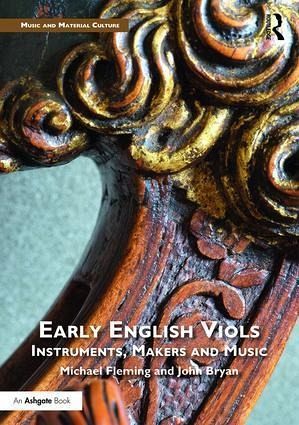
Early English Viols
Instruments, Makers and Music
Versandkostenfrei!
Versandfertig in 3-5 Tagen
183,99 €
inkl. MwSt.
Weitere Ausgaben:

PAYBACK Punkte
92 °P sammeln!
Music of great importance and quality was performed on viols in sixteenth- and early seventeenth-century England. Thomas Mace (1676) writes that 'old English viols' are ideal, and names five English makers than whom 'there are no Better in the World'. To understand and play this music we need reliable information and suitable viols. Neither can be derived exclusively from old instruments because of their rarity, inaccessibility, and degradation by time, use and alteration. Using a wide variety of evidence including the viols, their music, and documentary evidence surrounding the trade of instr...
Music of great importance and quality was performed on viols in sixteenth- and early seventeenth-century England. Thomas Mace (1676) writes that 'old English viols' are ideal, and names five English makers than whom 'there are no Better in the World'. To understand and play this music we need reliable information and suitable viols. Neither can be derived exclusively from old instruments because of their rarity, inaccessibility, and degradation by time, use and alteration. Using a wide variety of evidence including the viols, their music, and documentary evidence surrounding the trade of instrument making, Fleming and Bryan illuminate the changing nature of viols in early modern England.





